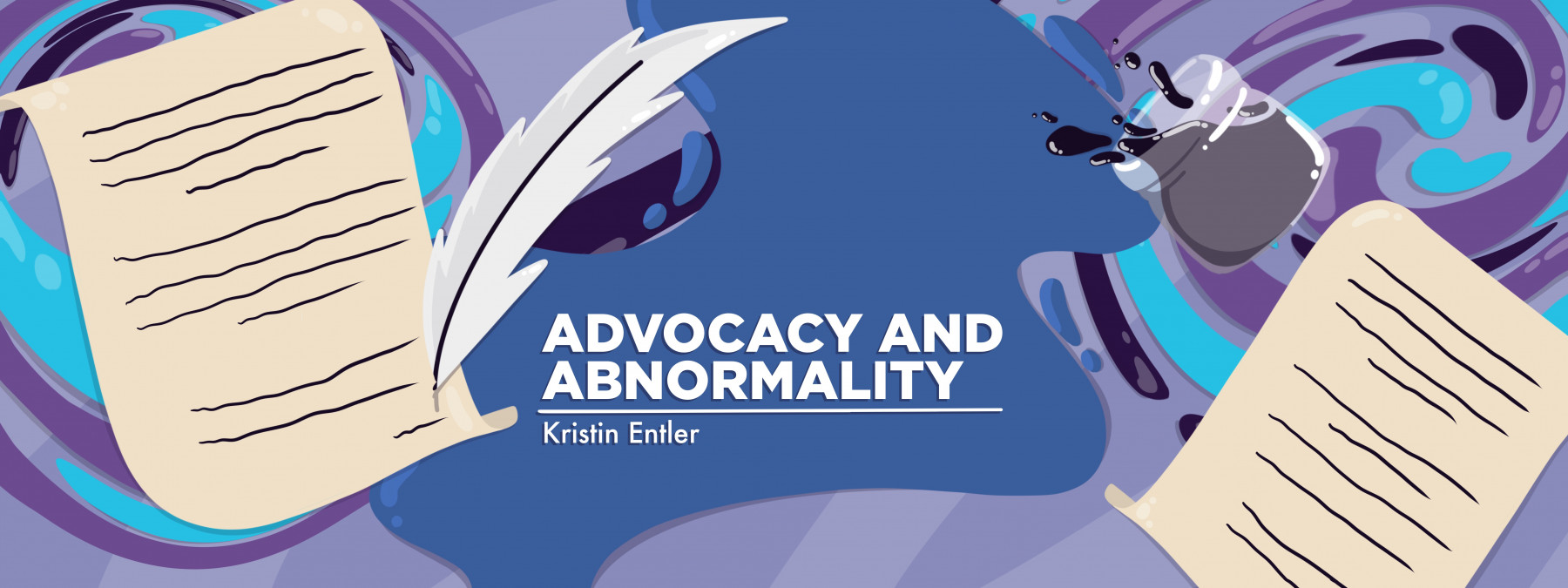Making Plans Amid an Uncertain Future
Written by |

With the new year looming around the corner, and my school semester crawling to a close, I want to set my sights on all the things I’d like to do next year — attend my first in-person live event since the start of the COVID-19 pandemic, travel to a writing conference, slip in a beach trip.
Yet, despite how much my health has improved since I began taking Trikafta (elexacaftor/tezacaftor/ivacaftor), I always experience a deep uncertainty about making plans for the future. The fear sits in the back of my mind, a product of living with a chronic illness.
When I was growing up, my parents made a point to never lie to me about my illness. I always knew I was “different” from other kids my age. I had to do breathing treatments. I had more doctors’ appointments. And I remember knowing from early on that I had a shorter life expectancy than my peers.
Of course, life expectancy as a statistical measure does not mean anyone’s death date is set in stone. But that’s not an easy thing for a kid to understand. And of course, my parents did their part to allay my fears. They used to tell me that their job was to keep me healthy and to adhere to my treatments until science caught up to my illness and a better treatment was found.
Still, life expectancy is one of those anxieties that linger in my subconscious. The fear was reaffirmed every time I missed a school field trip because of a cold, or had to back out of a sleepover party because of a hospitalization. Living during a pandemic hasn’t helped.
Before COVID-19, I used to mingle in bookstores, unafraid of touching the books. I used to feel safe about flying, about going to concerts, a deep bass rattling the lower lobes of my lungs. I miss these things, but I hesitate to commit to doing any of them again. There is still no normal. The new omicron variant is raising concerns about the effectiveness of vaccines in healthy and vulnerable people alike, which is enough to get my impending-sense-of-doom alarm buzzing in the back of my brain. My conference is only a few months out, but I haven’t even thought about getting plane tickets yet.
But what my parents used to say to me has also always been there in the back of my mind: I just need to stay healthy until the science catches up to my illness. And lately, this has begun to resonate.
Here I am, living two states away from home, walking upward of 2 miles a day in a hilly mountain city with lungs clearer than they’ve been since I was almost too small to remember anything. The promise of a treatment went unrealized year after year until Orkambi (lumacaftor/ivacaftor) stunted my decline and Trikafta slightly reversed it. I’ve got my COVID-19 booster vaccine, and the up-and-coming COVID-19 pill, Paxlovid, looks promising against variants.
In hindsight, my parents were right. The most valuable thing time has given me is the advances in science that have allowed me to get this far. When I hang my hope on that, I think maybe making plans for the future is something I can do after all.
***
Note: Cystic Fibrosis News Today is strictly a news and information website about the disease. It does not provide medical advice, diagnosis, or treatment. This content is not intended to be a substitute for professional medical advice, diagnosis, or treatment. Always seek the advice of your physician or other qualified health provider with any questions you may have regarding a medical condition. Never disregard professional medical advice or delay in seeking it because of something you have read on this website. The opinions expressed in this column are not those of Cystic Fibrosis News Today, or its parent company, Bionews, and are intended to spark discussion about issues pertaining to cystic fibrosis.








Leave a comment
Fill in the required fields to post. Your email address will not be published.